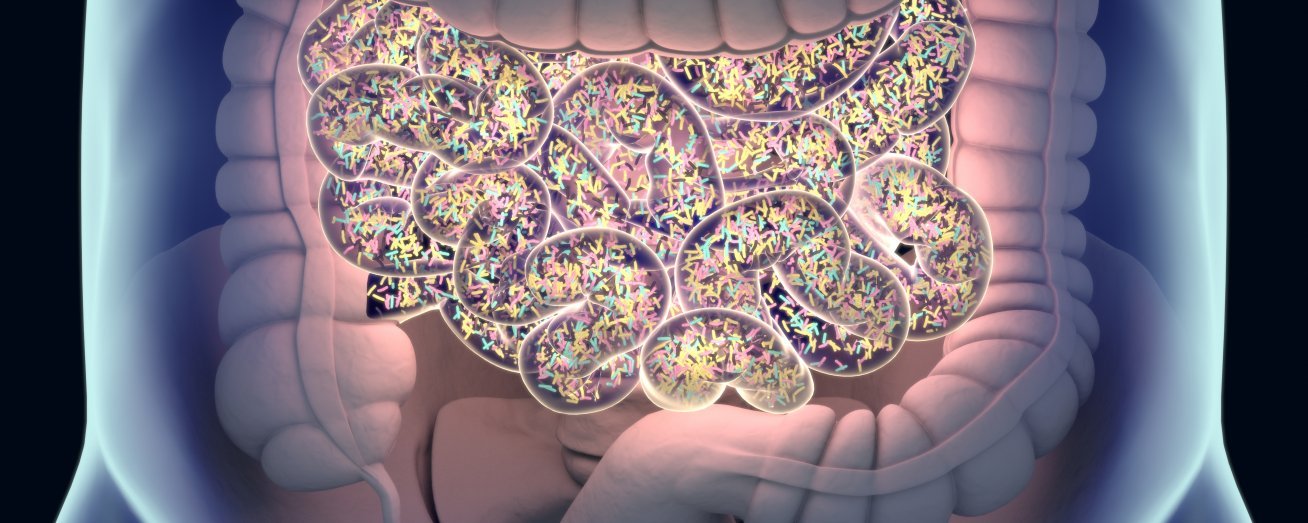Renal diseases, especially chronic kidney disease (CKD), have been linked to gut microbiota dysbiosis. Recent studies indicate that there are several factors that alter the gut microbiota in CKD. An influx in urea in intracellular and extracellular fluids leads to an increase of urea in the gastrointestinal tract where it is metabolized to ammonia by urease produced by intestinal bacteria. As a result, ammonia changes the luminal pH, which favors the growth of uremic-toxin-producing microbes, and damages the intestinal epithelial wall leading to systemic inflammation and CKD progression. A balanced gut microbiota is beneficial to the host by providing enzymes that degrade dietary fibers, carbohydrates, and proteins to energy sources for intestinal epithelial cells. Studies have shown alterations in the intestinal microbiota of patients with CKD and their mechanism of inducing systemic inflammation.
Alterations to the Gut Microbiota and Their Correlation With Inflammatory Factors in Chronic Kidney Disease
